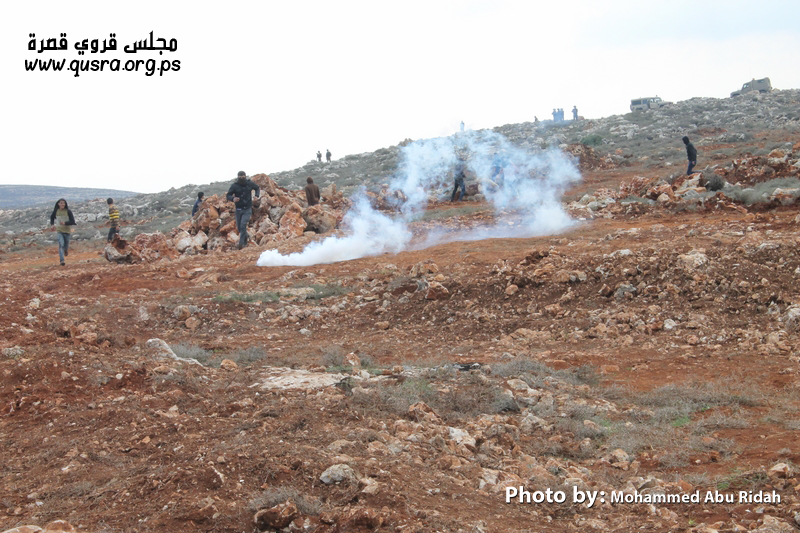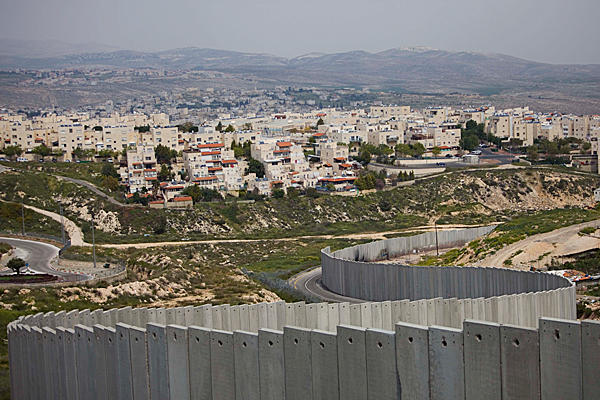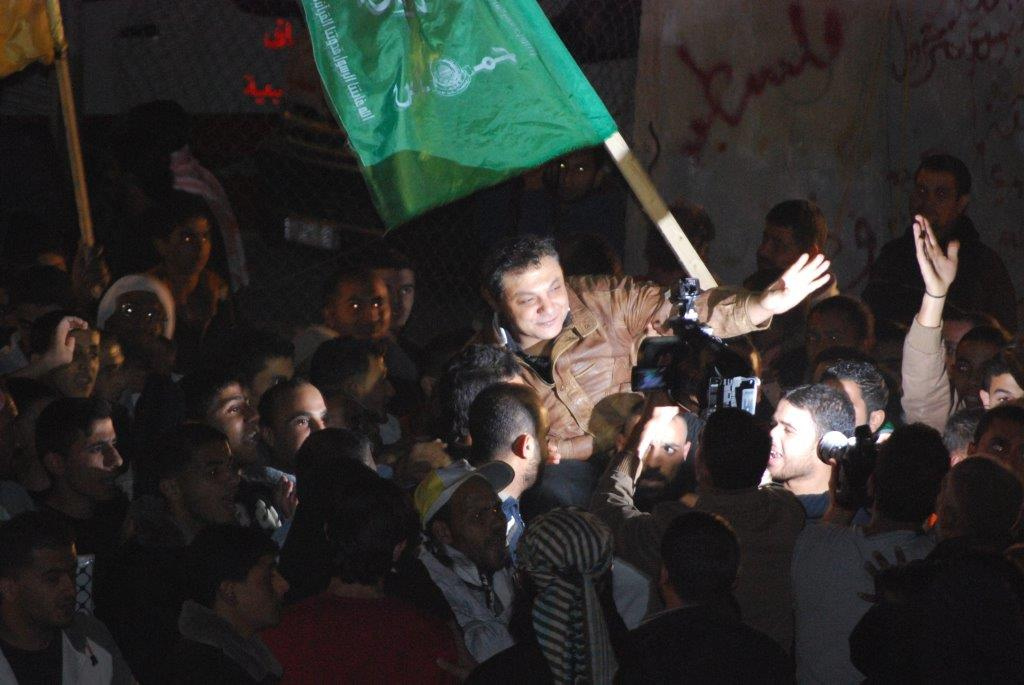Tag: Settlement
-
Military repression following a settler attack in Qusra
7th January 2014 | International Solidarity Movement, Nablus Team | Qusra, Nablus District, Occupied Palestine On the 7th of January in Qusra, two farmers working on their land were threatened by settlers carrying guns. Villagers helped them to chase the invaders away before being violently repressed by the army. On Friday, at 10:30 a.m., two…
-
Firms active in the settlements are facilitating abuses of human rights – UN report says
24th January 2014 | European Coordination of Committees and Associations for Palestine | Brussels, Belgium The UN report is the result of a mission investigating Israeli settlements in the West Bank, including East Jerusalem. Information gathered by the mission shows that private firms have enabled, facilitated and profited, directly and indirectly, from the construction and growth of the…
-
Photos: Hundreds greet freed detainees at midnight rally in northern Gaza Strip
30th October 2013 | International Solidarity Movement, Charlie Andreasson | Gaza, Occupied Palestine As part of the resumption of negotiation between Israel and the Palestinian Authority, 26 Palestinian prisoners were released overnight Wednesday from Ofer prison in Israel. Five were transferred to the Gaza Strip via the Erez checkpoint in Beit Hanoun. This was the second of…



